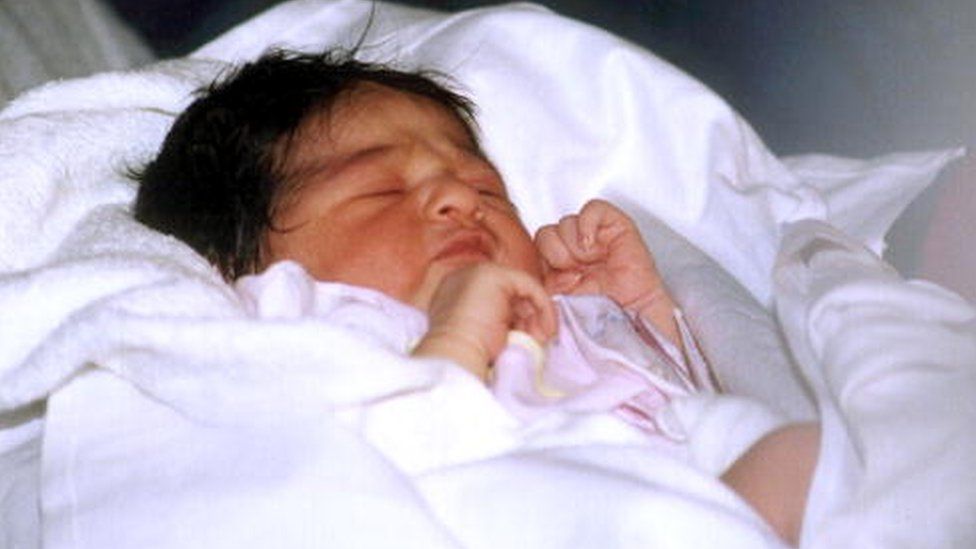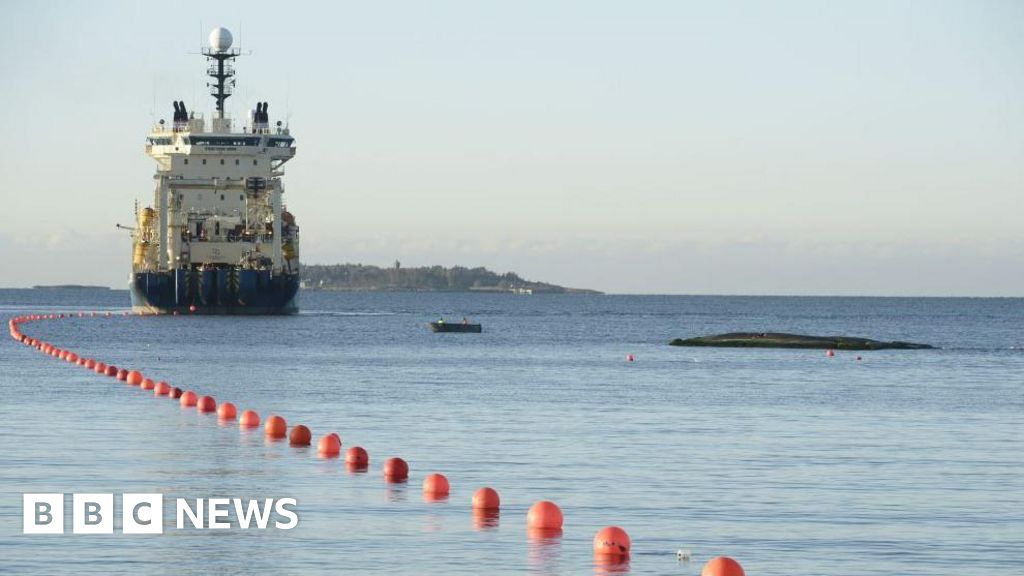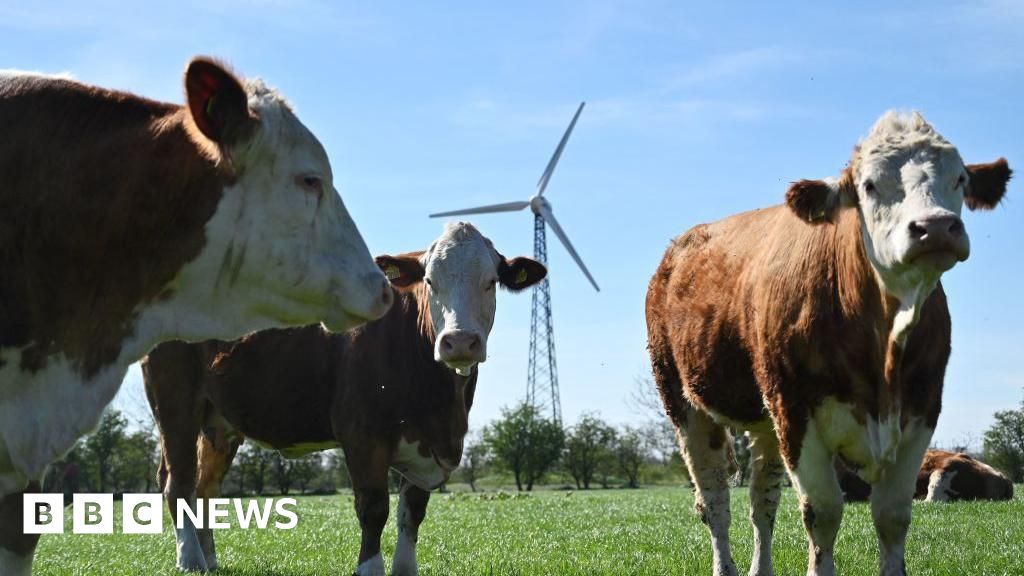ARTICLE AD BOX
 Image source, Getty Images
Image source, Getty Images
Aastha Arora's birth in 2000 had made global headlines
By Geeta Pandey
BBC News, Delhi
Aastha Arora arrived in the world amidst much fanfare.
Within hours of her birth at 05:05 on 10 May 2000 in Delhi's Safdarjung hospital, the new-born was presented to the world as India's "one billionth citizen".
Government ministers were photographed cradling the infant, wrapped in a soft pink blanket.
Aastha's birth propelled India into an exclusive club where it joined China, the only other country with more than a billion people.
At an event held to celebrate the milestone, the United Nations Population Fund's India representative Micheal Vlassoff described Aastha as a "very special and very unique" baby. Officials also pointed out that her birth was a wake up call to rethink ways to control India's burgeoning population.
But the celebrations over the birth made global headlines and, for days after that, journalists made a beeline for her house in Najafgarh, a congested lower middle class colony in southwest Delhi.
I too was a part of the BBC team that visited her home to see India's youngest celebrity and speak to Anjana Arora, her mother.
More than two decades later, I revisited them to find out where "the special baby" was now and how she was faring.
Aastha has recently started her first job
The 22-year-old who opened the door for me on a recent Sunday morning told me that she stopped feeling special a long time back and alleged that many promises politicians made at her birth weren't fulfilled.
The reason she could only see me on a Sunday is because it's the only off day she has from work - she recently started working as a nurse at a private hospital.
"I wanted to study science and become a doctor, but my parents couldn't afford to send me to a private school so I had to compromise and train as a nurse," she tells me.
Aastha shows me a folder of newspaper clippings compiled by her parents on her life - it's from these that she learnt about the circumstances of her birth and the frenzy accompanying it.
The attention continued for some time after her birth. According to one report, she was invited to inaugurate a website, jointly started by the Indian health ministry and the UNFPA, when she was 11 months old.
A week after her first birthday, a day out with her family in the city of Ajmer was covered by a local publication which wrote about how she "enjoyed tearing her five-year-old brother's text books and homework assignments".
Aastha says she herself first became aware of her special status when she started school.
"I was probably four or five years old when I first heard the word billionth baby on the UN population day, when a camera crew landed up at my school," she says. "For a child it was a big thing to appear on TV and I loved the attention."
Aastha learnt about the circumstances of her birth from newspaper clippings
The media attention also translated into some tangible benefit for her.
Her father, who worked as a salesman in a shop, earned a little over $50 a month and was struggling to pay the school fee of his two children.
"Every year when journalists visited to do a story on me, it also meant free publicity for the school, so they waived off my fee after the second standard," she says.
In school, Aastha flourished - she was good in academics, took part in debates and dance shows, and was appointed the school assembly prefect. When she was 16, the school awarded her the "graceful person award".
But despite her excellent scores, the family's financial crunch forced her to switch to a government school in 11th standard.
"I was very unhappy in the new school and it showed in my grades," she says, adding that it was the end of her dream to become a doctor.
Even though her parents were poor, her mother says that for a while after Aastha's birth, every dream seemed achievable.
Aastha's family lives in Najafgarh, a congested lower middle class colony in southwest Delhi
The family have no documents to back their claims, but they say that Sumitra Mahajan - then minister for women and child development - had promised their daughter "free education, free healthcare and free railway passage" when she'd visited them in the hospital.
Mrs Arora says that on another visit to their home a few months later with the then area MP Sahib Singh Verma, they had assured them that they would help find a government job for her father.
"We tried reaching out of her office many times after that but we were always told that she was away," she added.
The family say the only financial help they received came from the UNFPA which set up a fund of 200,000 rupees ($2,425; £2,118) which the family could use for Aastha's college education once she turned 18. The fund, which had grown into 700,000 rupees, helped pay for part of her nursing course.
Mr Verma died in 2007, but I called Ms Mahajan, who retired from active politics in 2019 after serving as the Speaker of the Indian parliament, to ask her about the family's claims.
Ms Mahajan said she didn't remember what - if any - promises were made to the family except the fund promised by the UNFPA.
"I had visited the family not in my personal capacity but as the minister," she said. "I was not a minister for long after that though I was in Delhi, and I was active in politics. But the family never contacted me. If they had written to me, I would have definitely helped," she told me, adding that "even today, if they reach out, I'll try and help them".
The celebration over the billionth baby was also meant to be a time for sober reflection, to deliver a message to the citizens that this rapid growth in population was unsustainable, that the swelling numbers would make it difficult for the government to deliver basic services and raise living standards.
Image source, Getty Images
Image caption,India is predicted to overtake China as the world's most populated country in 2023
In recent years, Aastha too has weighed in on the subject - at public forums she's described India's huge population as "a problem".
"India must do something to control its population," she told me, adding that "it's our cultural preference for sons that's got us here".
"People keep having daughters until they have a son because they believe that a male child would carry their name forward."
The government, she says, must work to change the mindsets.
In 2000, when Aastha was born, government projections showed that India could overtake China to become the world's most populous country by 2045.
In July, the UN said it would happen as early as next year, with India's population reaching 1.4 billion.
"There is already too much competition for everything, too many people fighting for the same places in schools and colleges and for the same jobs," says Aastha.
"I was the billionth baby, soon we could have the two billionth baby," she adds. "I hope we never reach that milestone."

 2 years ago
21
2 years ago
21








 English (US)
English (US)